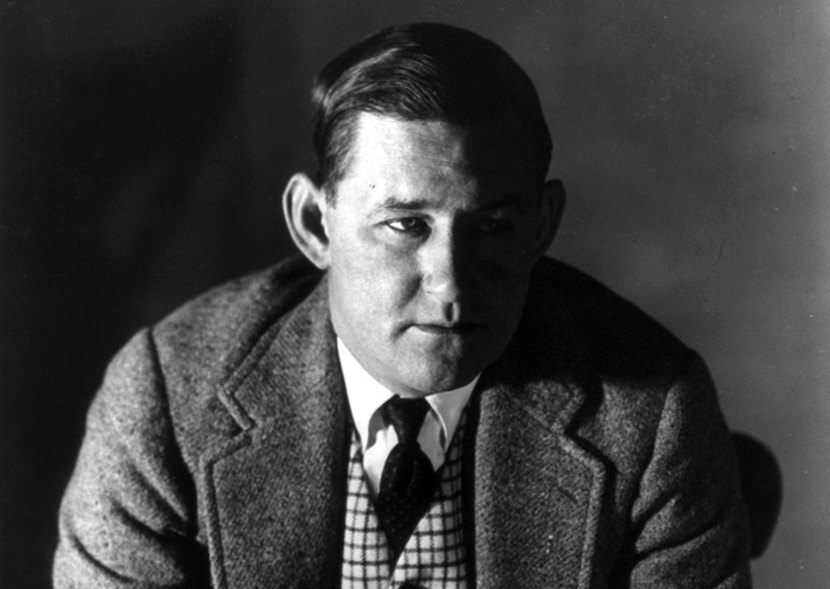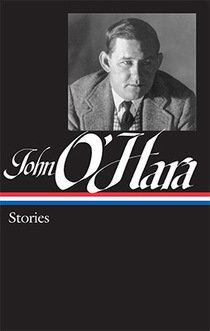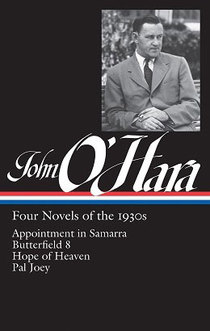
Major works:
Appointment in Samarra • BUtterfield 8 • Pal Joey • Ten North Frederick • “The Doctor’s Son” • “Graven Image” “Over the River and Through the Woods”
“O’Hara understood better than any other American writer how class can both reveal and shape character, how profound the superficial can be, and how clothes can truly make the man.”
—Fran Lebowitz
“John O’Hara, as a doctor’s son, and as a newspaperman, and as a roisterer and the holder of many part-time jobs, saw exceptionally much of the seamy, disappointed side of American life, and part of his veracity was not to melodramatize it, or to forget that the human will gleams in even the dingiest folds of the social fabric.”
—John Updike
Imagine Kissing Pete
John O'HaraWe had come to our maturity and our knowledgeability during the long decade of cynicism that was usually dismissed as “a cynical disregard of the law of the land,” but that was something else, something deeper. The law had been passed with a “noble” but nevertheless cynical disregard of men’s right to drink. It was a law that had been imposed on some who took pleasure in drinking by some who did not. And when the law was an instant failure, it was not admitted to be a failure by those who had imposed it. They fought to retain the law in spite of its immediate failure and its proliferating corruption, and they fought as hard as they would have for a law that had been an immediate success. They gained no recruits to their own way; they had only deserters, who were not brave deserters but furtive ones; there was no honest mutiny but only grumbling and small disobediences. And we grew up listening to the grumbling, watching the small disobediences; laughing along when the grumbling was intentionally funny, imitating the small disobediences in other ways besides the customs of drinking. It was not only a cynical disregard for a law of the land; the law was eventually changed. Prohibition, the zealots’ attempt to force total abstinence on a temperate nation, made liars of a hundred million men and cheats of their children; the West Point cadets who cheated in examinations, the basketball players who connived with gamblers, the thousands of uncaught cheats in the high schools and colleges. We had grown up and away from our earlier esteem of God and country and valor, and had matured at a moment when riches were vanishing for reasons that we could not understand. We were the losing, not the lost, generation.


